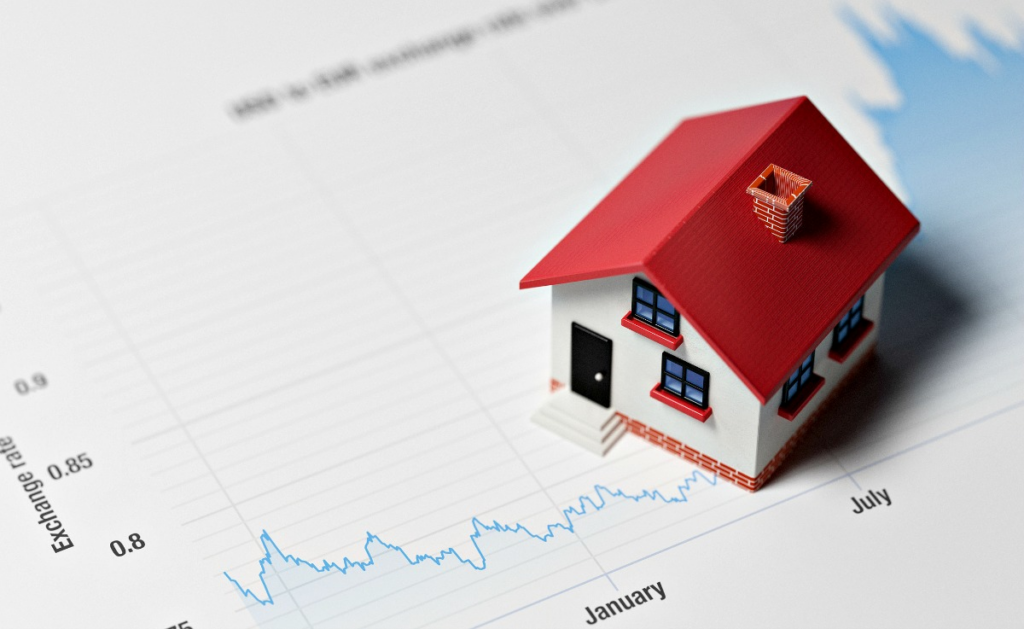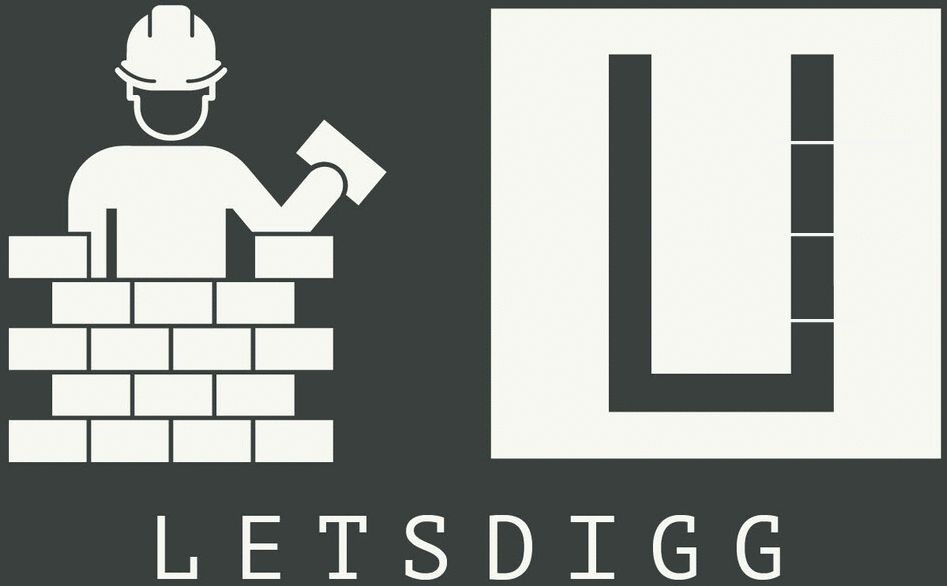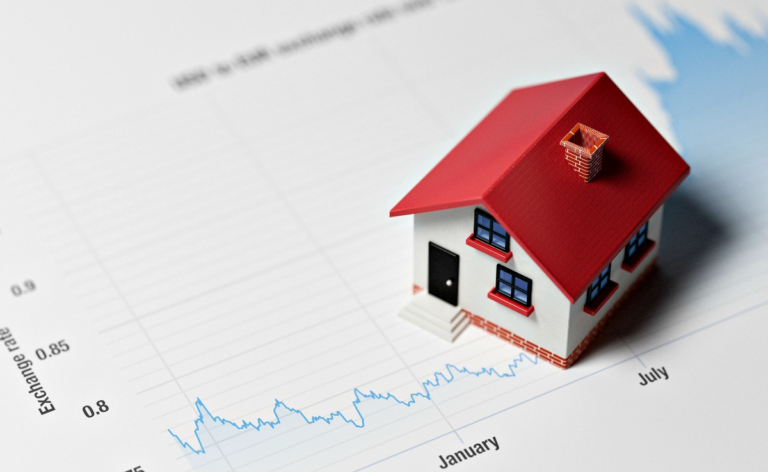The Indian real estate market has always been a dynamic and ever-evolving sector, shaping the landscape of the country’s urban and rural areas. It plays a vital role in driving economic growth and generating employment opportunities. Also, fulfilling the aspirations of millions of Indians who dream of owning a home or investing in properties.
The Indian real estate market encompasses a vast range of activities related to the buying, selling, renting, and development of properties. It includes Residential Properties such as apartments, villas, and affordable housing projects, as well as Commercial Properties like office spaces, retail centers, and industrial complexes. Additionally, the market encompasses the infrastructure and construction sectors, which are crucial for the country’s overall development.

The Indian real estate market is a dynamic ecosystem that experiences periods of growth, consolidation, and even challenges. In recent years, the residential segment has witnessed significant demand, particularly in the affordable housing sector, driven by favorable government policies and incentives. The commercial real estate sector has also experienced growth, supported by expanding businesses. The rise of e-commerce, and the increasing need for modern office spaces.
However, the market has also faced challenges. Regulatory complexities, delays in project approvals, and legal disputes have hindered the smooth functioning of the sector. Financing and liquidity issues have affected the pace of development, making it challenging for developers to secure funds for their projects. Additionally, changing consumer preferences, environmental concerns, and evolving technological advancements have compelled stakeholders to adapt to new demands and practices.
Understanding the future trajectory and challenges of the Indian real estate market in 2023 is of paramount importance for various stakeholders. Investors, whether individuals or institutions need insights into the market’s potential growth areas and risks to make informed decisions and maximize returns. Homebuyers and tenants must be aware of the market trends to navigate the ever-changing landscape and find the right properties that meet their requirements.
Growth and Trends in the Indian Real Estate Market
The Indian real estate market has experienced significant growth and witnessed several notable trends in recent years. Understanding these growth factors and emerging trends is essential for stakeholders to capitalize on opportunities and adapt to the evolving market dynamics.
Key Factors Driving Growth in the Market
Several factors have contributed to the growth of the Indian real estate market, fueling demand and attracting investments. These key factors include:
Rapid Urbanization
India has been undergoing rapid urbanization, with a substantial increase in urban population and the creation of new cities. This urbanization wave has fueled the demand for housing, commercial spaces, and infrastructure development, leading to growth in the real estate sector.
Growing Population and Middle Class
India’s population continues to grow, with a significant proportion comprising the middle class. This expanding middle-class segment, coupled with rising disposable incomes and aspirations for homeownership, has driven demand for residential properties across various segments, including affordable housing.
Government Initiatives
The Indian government has launched various initiatives and policies to boost the real estate sector. Programs like Pradhan Mantri Awas Yojana (PMAY) and Housing for All have focused on providing affordable housing to economically weaker sections and lower-income groups, creating a surge in demand in the affordable housing segment.
Infrastructure Development
Infrastructure development plays a crucial role in the growth of the real estate market. The government’s focus is on enhancing connectivity through the development of highways, airports, and metro rail networks. Besides all of that smart cities have opened up new investment opportunities and boosted the demand for both residential and commercial properties.
Emerging Trends and Market Dynamics in Real Estate Market
Rise of Affordable Housing Segment
The affordable housing segment has witnessed significant growth and popularity in recent years. The government’s initiatives and incentives, such as interest subsidies and tax benefits, have made homeownership more affordable for a larger section of the population. Developers are increasingly focusing on affordable housing projects to cater to this growing demand.
Increasing Demand for Commercial Real Estate
With the rise of businesses and the expansion of sectors like IT/ITeS, e-commerce, and logistics, there has been an increasing demand for commercial real estate. Companies are seeking modern and well-equipped office spaces, retail centers, and warehouses to accommodate their growth. As a result, commercial real estate has become an attractive investment option.
Technological Advancements in the Industry
The Indian real estate sector is witnessing a digital revolution with the adoption of various technologies. Virtual property tours, online property listings, and digital marketing strategies have become prevalent, enabling buyers to explore properties remotely. Additionally, technologies like artificial intelligence, virtual reality, and data analytics are transforming the way properties are designed, developed, and managed.
Impact of Government Policies and Initiatives
Government policies and initiatives, such as the Real Estate (Regulation and Development) Act (RERA) and Goods and Services Tax (GST), have had a significant impact on the real estate market. RERA aims to bring transparency, accountability, and consumer protection to the sector, boosting buyer confidence. GST has simplified the taxation structure and reduced the overall tax burden, making it easier for buyers and developers to navigate the market.
These emerging trends and market dynamics are reshaping the Indian real estate market, presenting both opportunities and challenges for stakeholders. Adapting to these trends and leveraging technological advancements will be crucial for sustained growth and success in the sector.
Future Outlook for the Indian Real Estate Market
The future of the Indian real estate market holds immense potential for growth, development, and transformation. Several factors are expected to shape its trajectory and influence investment opportunities in the coming years.
Projections for Market Growth and Expansion
The Indian real estate market is projected to experience steady growth and expansion in the foreseeable future. The demand for residential properties, particularly in the affordable housing segment, is expected to remain robust due to factors such as urbanization, population growth, and government incentives. The commercial real estate sector is also anticipated to grow as businesses continue to expand and require modern office spaces, retail centers, and logistics facilities.
Regional Variations and Growth Hotspots
While the overall market is expected to grow, there will be regional variations in terms of growth and investment opportunities. Metropolitan cities such as Mumbai, Delhi, Bangalore, and Chennai will continue to be the major real estate hubs, driven by their economic significance, infrastructure development, and demand from the corporate sector. However, Tier 2 and Tier 3 cities are also expected to witness growth, fueled by factors like affordable land prices, improving connectivity, and government initiatives to promote regional development.
Factors Influencing the Market’s Future Trajectory
Several factors will influence the future trajectory of the Indian real estate market and shape its growth potential:
Urbanization and Population Growth
India’s urban population is projected to increase significantly in the coming years. This will drive the demand for residential and commercial properties, as well as infrastructure development, to accommodate the growing urban population. The need for affordable housing and improved urban infrastructure will shape the market’s future trajectory.
Infrastructure Development
The government’s focus on infrastructure development, including the construction of highways, airports, metro rail networks, and smart cities, will have a direct impact on the real estate market. Improved connectivity and accessibility will attract investments in various regions, leading to economic growth and increased property values.
Foreign Investment and Globalization
Foreign direct investment (FDI) plays a crucial role in the Indian real estate market. As the country opens up to global investors and creates a favorable investment climate. That’s how foreign capital inflows are expected to increase. This will not only contribute to market growth but also foster the transfer of technology and best practices in the sector.
Policy Reforms and Regulatory Environment
The government’s ongoing efforts to reform policies and streamline regulations in the real estate sector, such as the implementation of the Real Estate (Regulation and Development) Act (RERA) and the Goods and Services Tax (GST), will continue to have a positive impact. These reforms aim to bring transparency, accountability, and consumer protection, which will boost buyer confidence and attract more investment into the market.
Challenges and Obstacles in the Indian Real Estate Market
While the Indian real estate market offers significant growth potential, it is not without its share of challenges and obstacles. Various factors pose hurdles to the smooth functioning and development of the sector. Understanding these challenges is crucial for stakeholders to navigate the market effectively and devise strategies to overcome them.
Regulatory and Legal Challenges
The real estate sector in India is subject to numerous regulatory and legal complexities, which can slow down projects and increase costs. Obtaining necessary approvals and clearances from multiple authorities can be a time-consuming and cumbersome process. Inconsistent interpretation and implementation of regulations across different states and jurisdictions create further challenges. Additionally, legal disputes and delayed resolution mechanisms can hamper project progress and affect investor confidence.
Financing and Liquidity Issues
Financing and liquidity constraints pose significant challenges for developers and buyers alike. Developers often face difficulties in securing project financing due to stringent lending norms, high-interest rates, and risk-averse lending practices. Limited availability of funds and slow disbursement of loans can delay project completion and increase costs. On the buyer’s side, obtaining affordable and accessible home loans can be challenging, particularly for middle-income and economically weaker segments of the population.
Land Acquisition and Approvals Process in Real Estate Market
Land acquisition for real estate development is a complex process in India. Issues related to land titles, ownership disputes, and encroachments can delay projects and create legal complications. The lack of a streamlined and efficient land acquisition mechanism hampers timely project execution. Additionally, the time-consuming approvals process from multiple authorities adds to project delays and costs, affecting the overall profitability and viability of real estate ventures.
Changing Consumer Preferences and Demands
Consumer preferences and demands in the real estate market are constantly evolving. Today’s buyers are more informed, discerning, and quality-conscious. They seek properties that offer modern amenities, sustainable features, and convenient locations. Developers need to align their offerings with changing consumer preferences, which can require significant investments and market research. Failure to meet these evolving demands can result in unsold inventory and financial challenges for developers.
Environmental Sustainability Concerns
Sustainability and environmental considerations are gaining prominence in the real estate sector. There is increasing awareness about the impact of construction activities on the environment, energy consumption, and waste generation. Developers are now expected to adopt sustainable practices, such as green building certifications, energy-efficient designs, and waste management strategies. However, integrating sustainability measures can pose initial cost challenges, and balancing economic viability with environmental considerations remains a hurdle for the industry.
Strategies and Solutions to Address Challenges
The Indian real estate market faces several challenges that require proactive strategies and innovative solutions to ensure sustainable growth and development. Stakeholders in the industry, including government bodies, developers, financial institutions, and industry associations must collaborate and implement effective measures to address these challenges. Here are some strategies and solutions to overcome the hurdles in the Indian real estate market:
Government Initiatives and Reforms
Streamlining Regulatory Processes: The government should focus on simplifying and streamlining the regulatory and approval processes. This includes ensuring consistent interpretation and implementation of regulations, across different states and jurisdictions, reducing red tape, and implementing single-window clearance systems. Transparent and efficient processes will expedite project approvals, reduce delays, and enhance investor confidence.
Encouraging Ease of Doing Business: The government should continue its efforts to improve the ease of doing business in the real estate sector. This involves reducing bureaucratic hurdles, implementing online platforms for property registrations and approvals, and digitizing land records. Simplifying procedures and reducing administrative burdens will attract more investments and foster a conducive business environment.
Promoting Affordable Housing: The government’s initiatives to promote affordable housing. Such as Pradhan Mantri Awas Yojana (PMAY) and Housing for All, should be strengthened. This includes providing incentives and subsidies for developers to undertake affordable housing projects. For ensuring access to affordable home loans for buyers. This is creating a favorable policy framework to encourage investments in this segment.
Innovative Financing Options and Partnerships
Alternative Financing Models: Developers should explore alternative financing models such as joint ventures, private equity investments, and real estate investment trusts (REITs). These can provide access to capital and reduce reliance on traditional lending institutions. Collaborations with financial institutions and strategic investors can also facilitate project financing and bring in expertise and market knowledge.
Public-Private Partnerships (PPPs): Engaging in PPPs can help overcome financing and infrastructure challenges. Public and private entities can collaborate to develop infrastructure projects, affordable housing schemes, and other real estate ventures. These partnerships can leverage the strengths of both sectors, share risks and resources, and expedite project execution.
Sustainable and Green Real Estate Practices
Adopting Green Building Standards: Developers should embrace green building practices and certifications such as LEED (Leadership in Energy and Environmental Design) and IGBC (Indian Green Building Council). Designing energy-efficient buildings, incorporating renewable energy sources, and implementing water conservation measures. Also utilizing sustainable construction materials can help mitigate environmental impacts and reduce operating costs in the long run.
Promoting Sustainable Urban Planning: The development of sustainable cities and urban planning can address environmental concerns. While meeting the needs of a growing population. This includes integrating public transportation systems, creating green spaces, promoting walkability and cycling, and implementing smart city solutions. Sustainable urban planning can enhance the quality of life, reduce congestion, and optimize resource utilization.
Adoption of Technology and Digital Platforms
Digital Marketing and Sales: Developers should embrace digital platforms and online marketing strategies to reach a wider audience and streamline the property buying process. Virtual property tours, online property listings, and digital advertising can enhance visibility, attract potential buyers, and expedite sales.
Smart Technologies and Automation: Integrating smart technologies such as the Internet of Things (IoT), and artificial intelligence (AI). Besides, data analytics can optimize operations, enhance efficiency, and improve the overall property management experience. Smart homes, automated security systems, energy management solutions, and predictive maintenance can add value to properties and attract tech-savvy buyers.
Improving Transparency and Accountability
Implementing Real Estate (Regulation and Development) Act (RERA): Full implementation and enforcement of RERA can enhance transparency, protect consumer rights, and establish a fair and regulated market. Developers should comply with RERA guidelines, provide accurate project information, and ensure timely project completion to build trust with buyers.
Enhancing Project Monitoring and Reporting: Adopting robust project monitoring and reporting mechanisms can improve accountability and prevent delays. Regular project updates, transparent financial reporting, and adherence to project timelines can instill confidence among buyers and investors.
By implementing these strategies and solutions, the Indian real estate market. And it can address its challenges and create a conducive environment for sustainable growth. Collaboration among stakeholders, along with a focus on innovation and adaptability, will be key to unlocking the market’s full potential.
Conclusion
The Indian real estate market is poised for growth, despite the challenges it faces. Understanding the market’s current state, future prospects, and potential obstacles is crucial for stakeholders to navigate the evolving landscape successfully. The market’s future outlook is promising, driven by factors such as urbanization, population growth, infrastructure development, and foreign investments.
Several challenges need to be addressed to ensure the market’s sustainable growth. Regulatory and legal complexities, financing and liquidity constraints, land acquisition issues, changing consumer preferences, and environmental sustainability concerns pose hurdles that must be overcome. Fortunately, there are strategies and solutions available to tackle these challenges effectively.
Collaboration between the government, developers, financial institutions, and industry associations is essential to implement these solutions. Government initiatives and reforms, such as streamlining regulatory processes and promoting affordable housing, can create a favorable environment for growth. Innovative financing options, including alternative models and public-private partnerships, can help address financing challenges and expedite project execution.
Embracing sustainable practices, adopting technology, and promoting transparency and accountability are crucial steps in ensuring the long-term success of the real estate market. Sustainable and green real estate practices, such as green building certifications and sustainable urban planning, can mitigate environmental impacts and optimize resource utilization. The adoption of technology and digital platforms can enhance efficiency and improve the property buying experience.
The Indian real estate market offers immense opportunities for growth and development. By addressing the challenges head-on and implementing the suggested strategies and solutions, stakeholders can navigate the market effectively and contribute to its sustainable growth. Adapting and evolving in this dynamic market is of utmost importance to thrive and succeed in the years to come.

